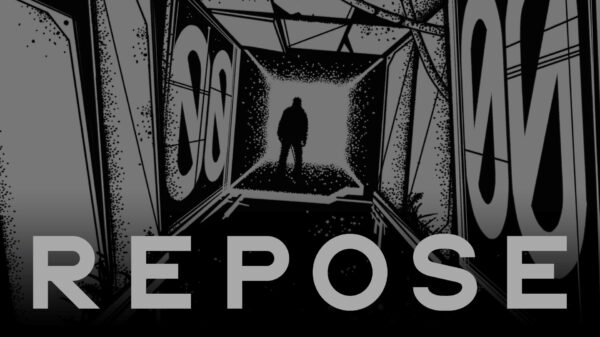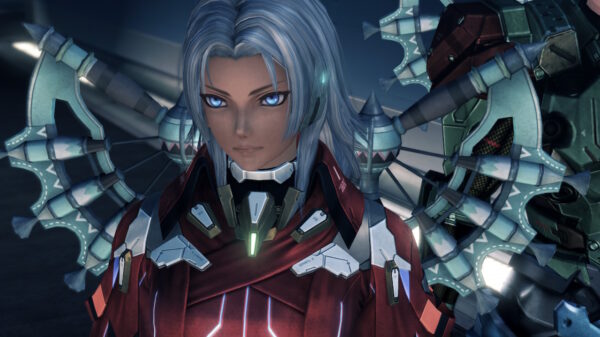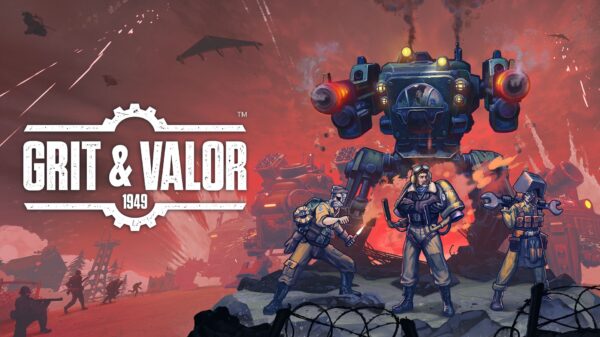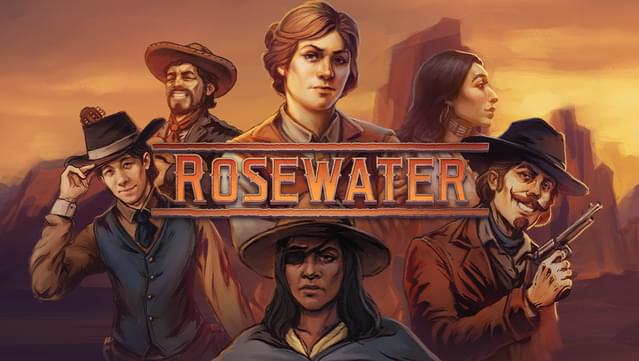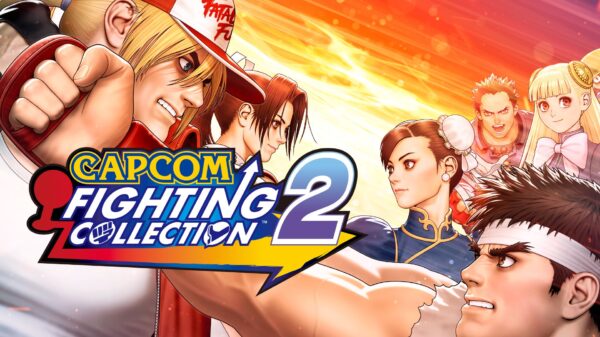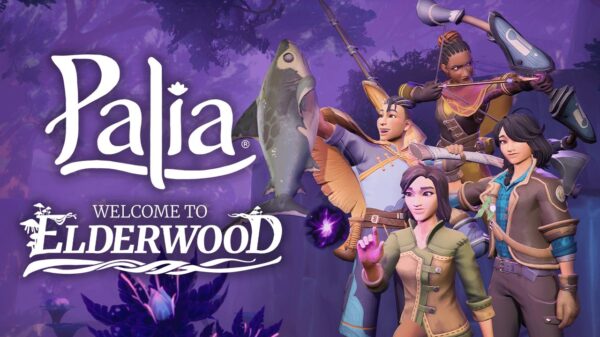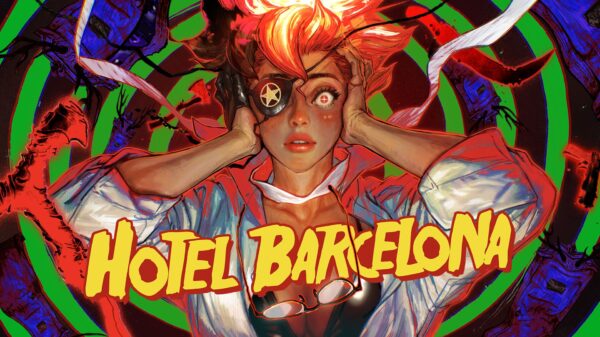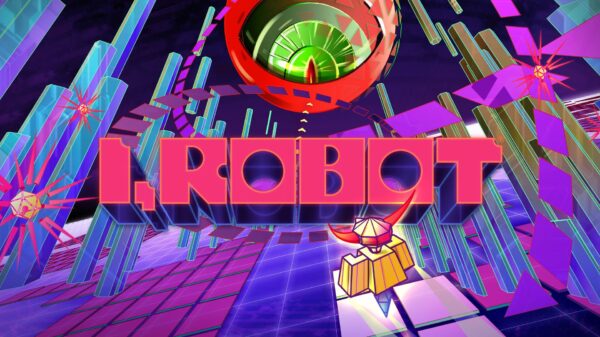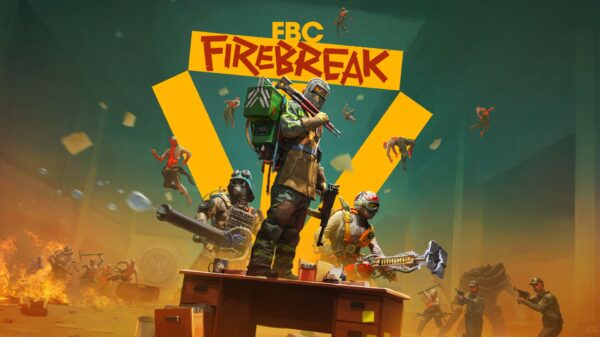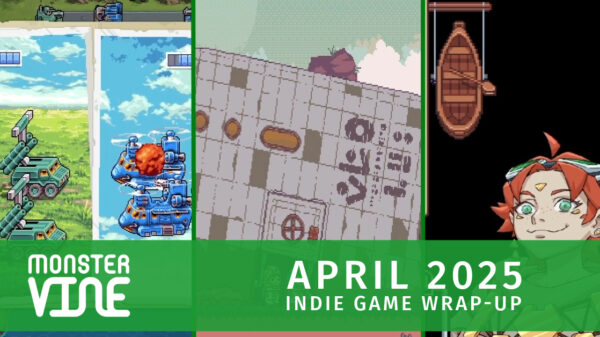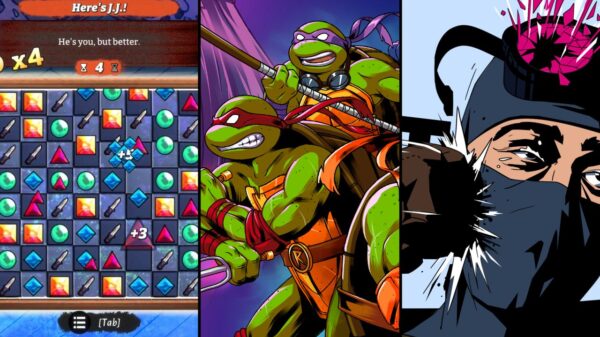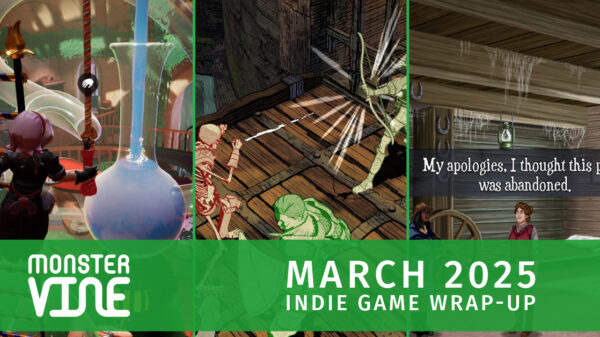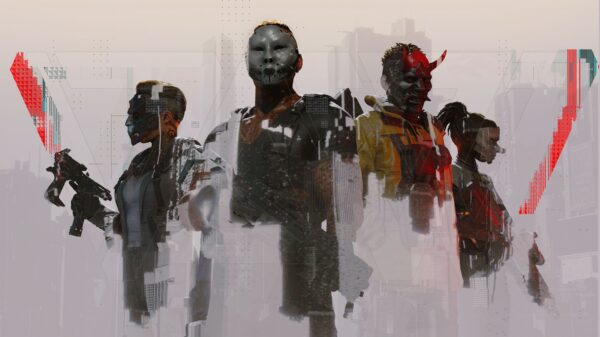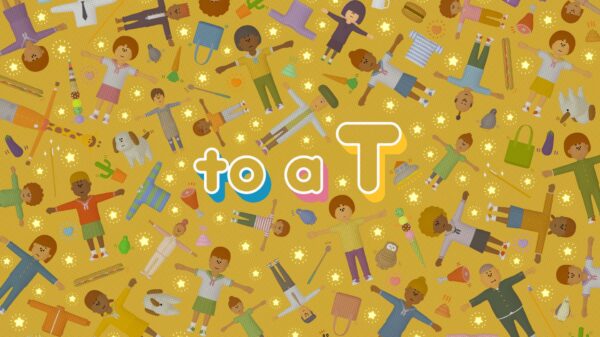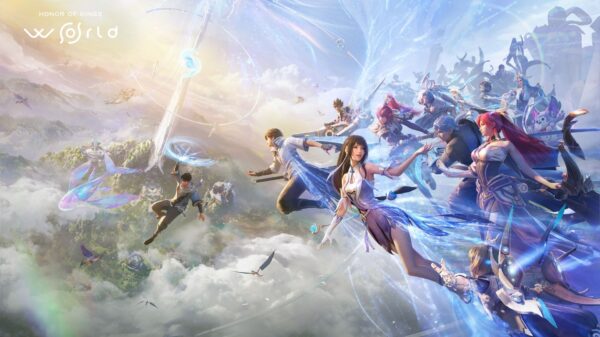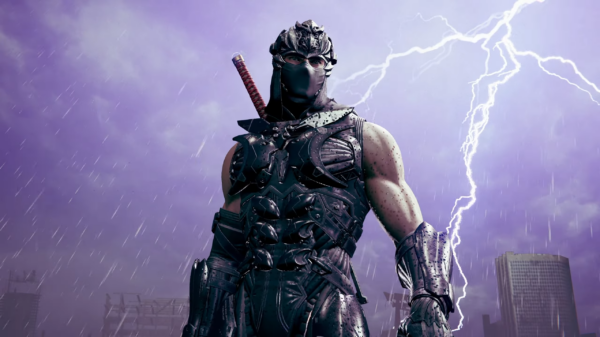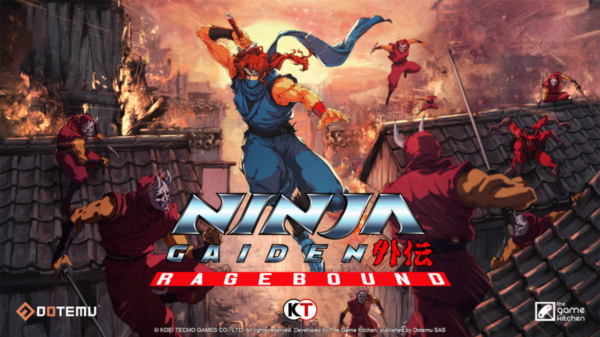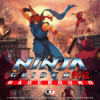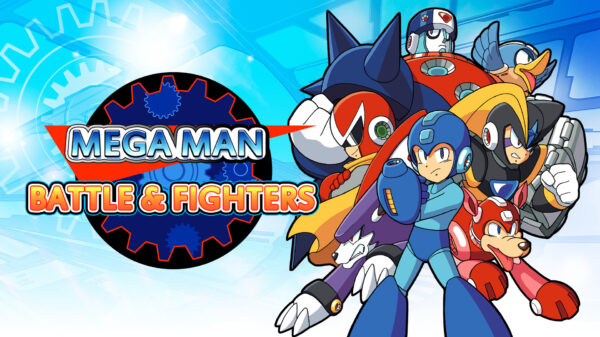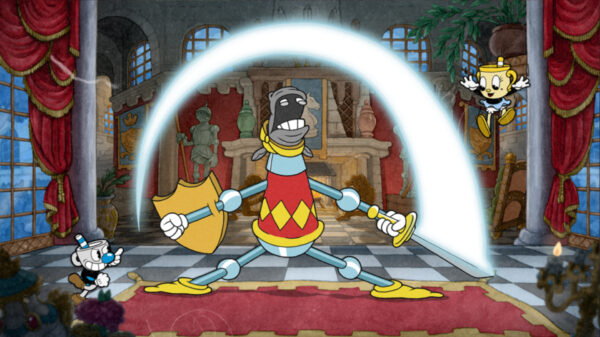Around a month ago, Polygon published an article about Cuphead’s difficulty (quite a hot topic as of late). In the article, writer Ben Kuchera brings up the question of exclusion in video games, specifically exclusion linked to difficulty. He speaks about elitism coming from the “git gud” mentality, and the idea that games should be entirely accessible for all. It’s no secret that Cuphead is a hard game. (I even talked about this at length in my review of the game). And while Cuphead is indeed difficult, myself and many others would argue that it is more challenging than unfairly hard, which is what makes the difficulty both acceptable and rewarding. Yet the article argues that the lack of a “boss skip” button or an easier difficulty (than the already included Simple mode) hurts the game, as less people can experience it. This brings to mind the question, are players owed the ending of a game, regardless of their skills?
In my opinion, no, we aren’t. This is a painfully entitled way of thinking that hurts the industry more than anything. This sort of thinking stifles artist creativity as it changes their original vision for the sake of inclusivity, and that’s, to put it bluntly, wrong. Cuphead was designed as a difficult game, so while an easier difficulty is acceptable (and again, already included in the game), the ability to skip segments of the game is ludicrous. I can understand being frustrated that the last world, Inkwell Hell, can’t be played on Simple, but demanding the ability to skip bosses in a boss-rush game is just too much. I want to clarify that I’m not against easier difficulty modes in games, rather I’m against people demanding that developers make their games easier.
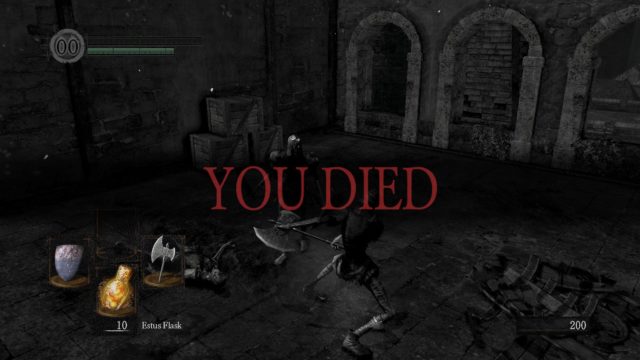
You’ll see this screen a lot, but it always comes with a lesson.
Nothing in life is free, and things need to be earned. If a player isn’t willing to put the work in to beat a game, why should they see the ending while being able to claim that they beat it? If I were to stop playing an RPG halfway in, I wouldn’t say I beat the game, and I definitely wouldn’t expect to be presented with a way to skip huge sections to reach the ending. If you really want to watch a game, there are plenty of clips and compilations on YouTube that include all of a game’s cutscenes or levels. So why should we be entitled to “beating” a game that we may have barely played?
This leads me into my main point: games are meant to be played. When Final Fantasy VII came out on the PS4, it included a number of features that let you essentially overwrite the game’s difficulty and features. Invincibility, no encounters, and fast-forward are just a few of the features included, and though these things could arguably improve the game, I dislike them. Even though I dislike random encounters, I recognize that they are part of the game in the same way that being able to die and having to level up are. For transparency’s sake, I’ll admit that Final Fantasy VII is my favorite game of all-time, yet I still found these arguable improvements cheapened the game more than anything. Call me an “elitist” or a “gatekeeper”, but I don’t think you really beat the game if you skipped fights and one-shotted bosses without any levelling up.
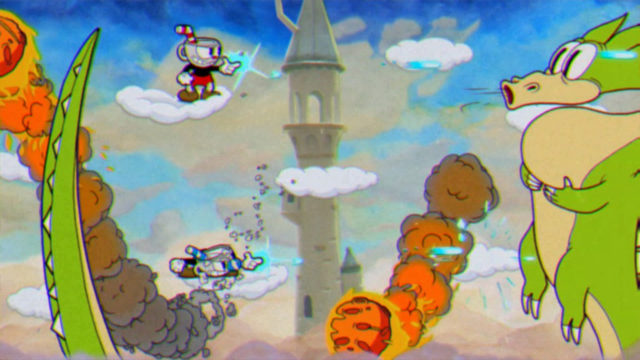
Would you say you beat Cuphead if you never had to fight Matchstick?
So by making bosses skippable in Cuphead, you’d be nerfing the game entirely. (it’s a boss rush game, so that should really go without saying.) If you don’t want to play a game, watch a movie. There are games suited toward people who want less gameplay and more narrative-focused content, like TellTale’s titles or visual novels. So why change a gameplay-heavy game to include people who aren’t interested in the game itself so much as they’re interested in the art. Why cater to an audience that isn’t interested in what makes up most of the product?
It’s obviously a different case for people who physically can’t play a game like this because of handicaps or disabilities. Some games help alleviate these issues in minor ways, like Uncharted 4’s option to turn all button-mashing sections into button-holding sections, for those who can’t rapidly tap a button. These changes are fine since they provide accessibility for people who physically can’t access the game. But should a game be changed entirely in even this type of scenario? If Cuphead were designed for people who could only play with one arm, it would be a drastically different game. Being able to skip bosses wouldn’t do anything for these players, as it’s the core gameplay of Cuphead that provides the game’s difficulty. It’s unfortunate, but there’s simply no way to make a game like this completely playable for anyone and everyone.
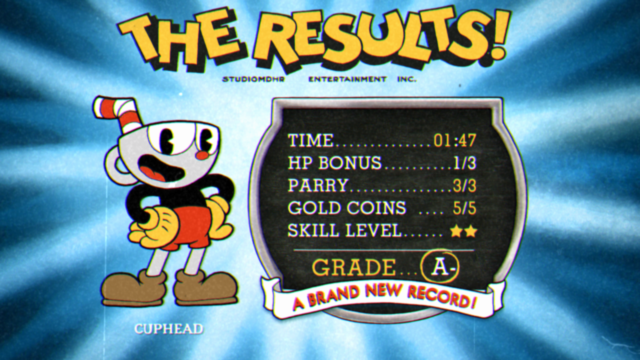
It isn’t always easy to get to this screen, but you feel immensely satisfied when you finally see it.
What I’m trying to say is that “exclusion,” as harsh as it sounds, is sometimes valid. It’s okay to make a game that isn’t for everyone, just as it’s okay to find a game to be inaccessible due to its difficulty. Not every game is for you, and it’s up to you to accept that. It isn’t elitism to expect someone to play a game, because if you want to play a game, you actually have to play it. And at the end of the day it’s up to the developer to decide how their game is played, whether we like it or not. And if that’s not okay, then all I can say is “git gud.”




